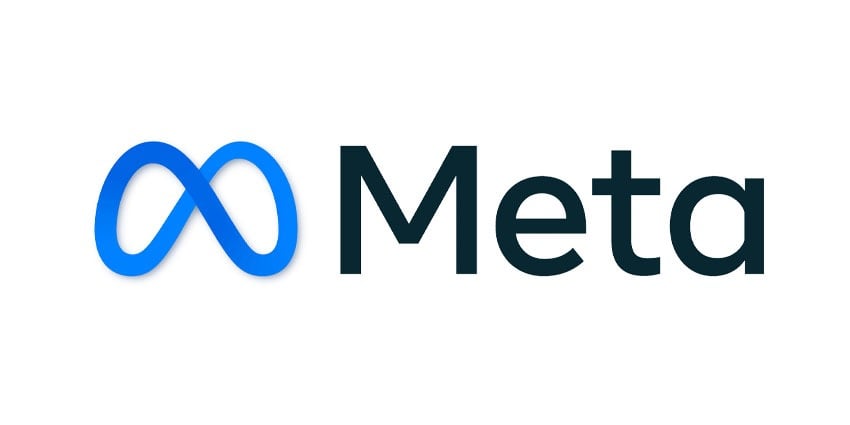Alibaba Unveils Quark AI Glasses in China, Taking on Meta and Xiaomi
7/29/20252 min read


Alibaba Launches First AI Smart Glasses to Rival Meta and Xiaomi
Alibaba has officially entered the wearable tech race with its unveiling of Quark AI Glasses, a lightweight pair of smart glasses powered by its in-house Qwen large language model and virtual assistant Quark. The launch, announced Monday, positions the Chinese e-commerce and tech giant in direct competition with Meta’s Ray-Ban smart glasses and Xiaomi’s latest AI eyewear, as the battle over AI-integrated consumer hardware intensifies.
Set to debut in China by the end of 2025, the Quark AI Glasses are Alibaba’s first step into the smart glasses market and represent a broader industry trend of turning wearables into the next computing frontier, right alongside smartphones.
A Multifunctional AI Wearable Built for the Future
Alibaba says its glasses will support a wide range of hands-free capabilities including:
Voice and video calls
Music streaming
Real-time language translation
Meeting transcription
Navigation
Built-in camera for image and video capture
Users will also be able to pay with Alipay, access map services, and even compare prices on Taobao—integrating key Alibaba ecosystem tools into the hardware experience.
“Lightweight and ergonomically designed, Quark AI Glasses support hands-free calling, real-time translation, and full integration with our core apps,” the company said in its announcement.


Image: Alibaba
Image: Meta
Positioning Against Western and Chinese Competitors
The launch comes amid growing investment by tech firms into AI-powered wearables, with smart glasses seen as a natural evolution of mobile tech. Meta’s partnership with Ray-Ban, Apple’s rumored Vision Pro ecosystem, and Xiaomi’s growing lineup of wearables have all hinted at an incoming AI hardware boom.
Unlike Google Glass, which failed to gain mass adoption due to privacy and practicality concerns, Alibaba appears to be focusing on everyday functionality—especially within the Chinese market where integrated digital services like Alipay, Baidu Maps, and Taobao dominate user behavior.
Alibaba’s in-house Qwen model, which rivals Western systems like OpenAI’s GPT and Google Gemini, will act as the core processing engine for voice interactions, search, and automation within the glasses.
Stock Bump and Market Implications
Alibaba’s U.S.-listed shares rose 1.5% in premarket trading following the announcement. The stock has already climbed over 40% year-to-date, and the company’s push into wearables could drive further momentum if adoption takes hold.
Pricing, availability beyond China, and full technical specs have yet to be released—but the move signals Alibaba’s intention to lead not just in e-commerce and cloud computing, but in consumer AI hardware as well.
Credit: Orbital News — Original reporting with contributions from Alibaba Group, CNBC, and industry analysis.
Connect
Connecting You to Global News
Explore
Support Orbital News
© Orbital News 2025. All rights reserved.